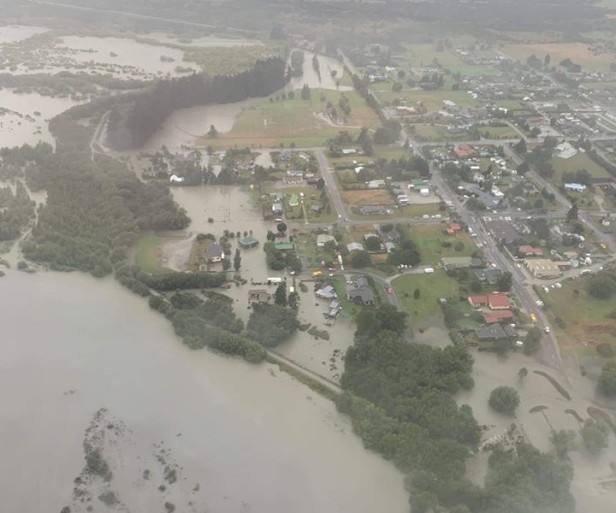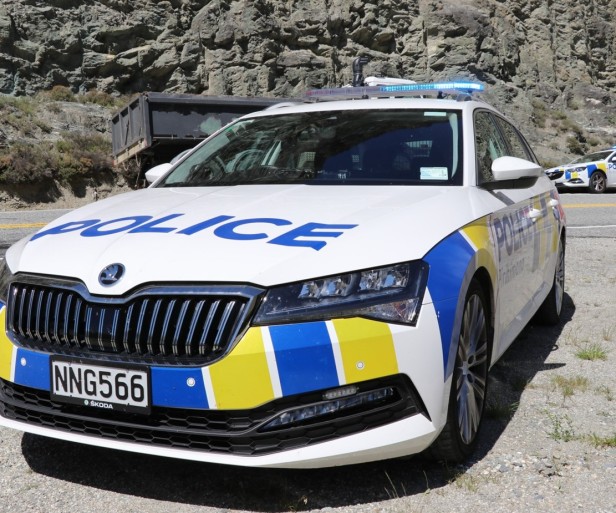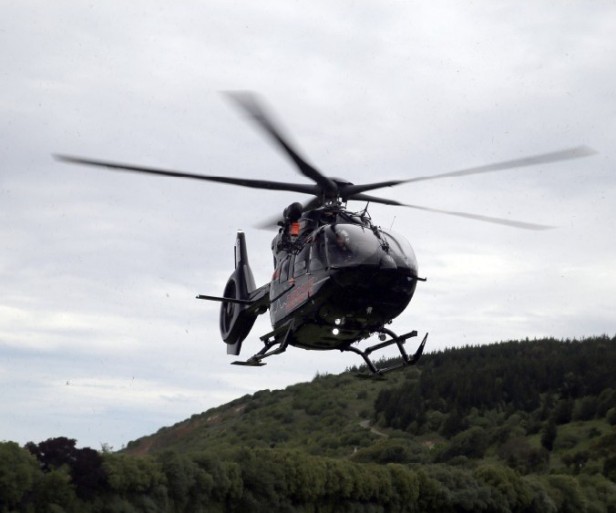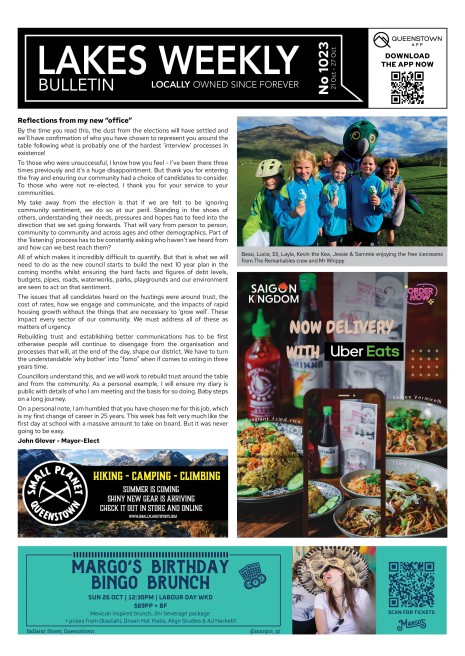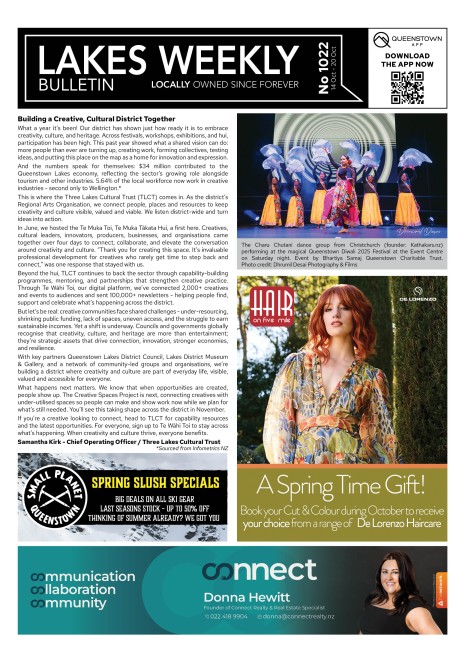Skyline plans to convert motel rooms to staff accommodation
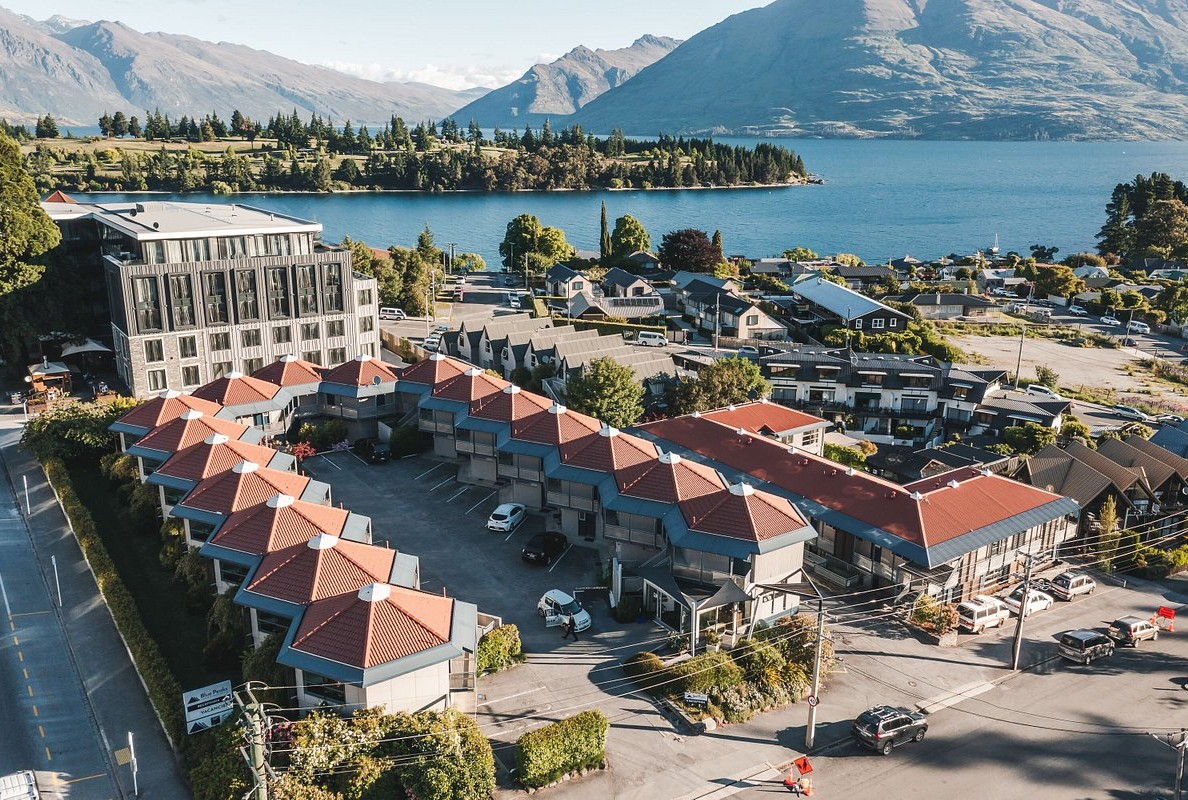
Photo: Skyline-owned Blue Peaks Lodge
Skyline Enterprises is being forced to look at converting about 20 or so of its lower level Blue Peaks Lodge rooms to staff accommodation to try and get its tourism operations fully operational again, says director Grant Hensman.
“We have no choice,” he says. “It will cost us money, but we’re losing more not being able to get staff to fully re-open Skyline Restaurant and Gondola back up from five to seven days. It’s a no brainer.”
Skyline CEO Geoff McDonald says they’re looking to see how they could configure the rooms and working through what they’re able to do.
“It’s not necessarily a long-term option, but it will enable more people to come into town,” he says. The 20 or so rooms should cater for 50 beds. It was the battle of the wages and now it’s the battle for staff housing to make jobs more attractive, he says.
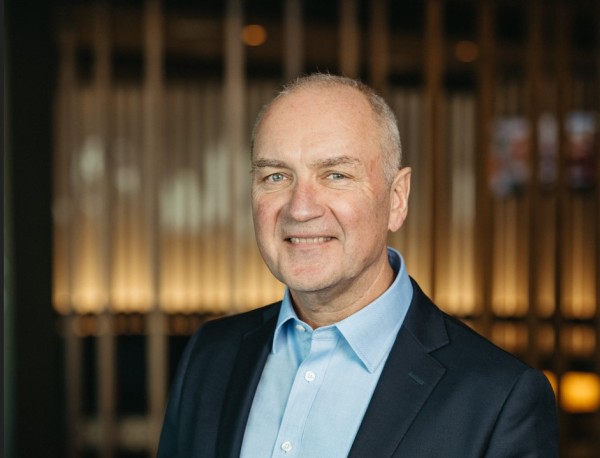
Skyline CEO Geoff McDonald
Chefs are in desperate demand at every level and Skyline’s also limited in what it can open out of the three booths it runs in Eatspace – the new-look O’Connell’s food court. “Only our Italian is open, the Greek just opened this week and the third we can’t get staff for,” he says.
Skyline’s current four residential buildings around Queenstown are always full.
Staff accommodation once 'the norm' - crisis worst in a lifetime
It was once ‘the norm’ for Queenstown employers, large and small, to buy houses or units to accommodate staff, despite relative high property prices. Even the government owned housing for staff like police, teachers and hospital workers.
Former community leaders, a major tourism player and planning lawyer say, while there are different legal requirements and challenges now, the magnitude of the problem is worse than ever before. However, there are solutions. The Queenstown Lakes District Council and the government just need to work together with the community to make them happen.
Some larger hotels in Queenstown have always owned staff accommodation, as have the likes of Skyline and some small businesses. The Hyatt Kingsgate Hotel (now Copthorne) converted the Lake Esplanade Motels in Park Street into staff accommodation around the 1980s. Long-time planning lawyer Graeme Todd, who acted for the council for years, says the property had been bought for a development that didn’t proceed.
THC (Tourist Hotel Corporation Hotel), now Novotel Lakeside on Marine Parade, either built or bought the 20 or so units on the Robins Road, Gorge Road corner to house staff in the late 1980s. Novotel Lakeside manager Jim Moore recalls living there as an employee in 1989-90. Former THC head office deputy chief executive Denis Callesen says providing staff accommodation for at least 30 percent of staff was an “absolute requirement” of their council building permit in the mid-1980s. THC bought the Frankton Hotel (now Frankton Arm Tavern) and accommodated 40, 50 or 60 staff there.
“We had about 80 staff and any surplus we rented out,” says Denis. “I think everybody had to have a significant percentage of staff accommodation back then. Holiday Inn came just after us.”
The Frankton accommodation was sold when the government’s THC was disbanded in 1990. Late last year Novotel Lakeside leased the YHA hostel in Shotover Street, which can cater for about 70, housing more than 60 staff in the 30 rooms. “It’s allowed us to be almost fully staffed,” says Jim. He and others question why long-term rentals need to be ‘healthy’ under Healthy Homes regulations, but short-term Airbnb houses don’t have to comply.
They say much tighter Tenancy Act and Healthy Homes compliance is now putting home owners off long-term residential renting, forcing more into Airbnb, for more money and less hassle.
Other long-term established businesses have owned units locally for decades just to retain staff and say it’s still not enough. They’re equally concerned about regulations deterring long-term landlords. Those who’ve operated here for 40, even 50, years say the problem’s horrific and they’ve never seen anything like it.
Former District Mayor John Davies, who’s been involved in Northern Southland Transport Holdings since the late 1960s, says, “It’s no different to 40 years ago. You decided at the end of the year to either buy another house if you couldn’t get drivers, or a new truck.” Now as chairman of NZSki, and many other major tourism businesses, he’s dealing with that on a massive scale, employing 950 seasonal staff every winter. “In the last 20 years the development in the ski industry has been enormous. It’s really grown and our staff have doubled.”
Once businesses could house ski season workers, then because of an off-season – now non-existent, lease that to summer tourism operators. “We could build accommodation and put staff there from June until September then fill it with hospitality workers, but it’s unfair to then ask them to leave for the ski season.
“It’s the worst I’ve seen in my lifetime and it really challenges the future of Queenstown.”
Skyline director and contractor Grant Hensman says Skyline used to own Queenstown House for its staff and has four residential properties now.
“But this is an absolute crisis. I’ve never seen it like this in 45 years and I don’t believe our forebears did.”
Some of the houses they let during Covid times they now can’t free up for staff because of tenancy regulations. Grant recalls the former Travelodge owners buying Panorama Terrace sections off him that had been destined for staff housing, then the 1987 sharemarket crash hit.
“Staff housing was the norm back then.
“Anyone wanting to develop these days is restrained by the RMA (Resource Management Act),” says Grant. “We really need tiny homes and worker accommodation like Australia, but you won’t get it through here.”
Graeme Todd says businesses are starting to buy properties for staff now and taking leases on homes to try and alleviate the problem. “The long-term players have been buying properties for years.”
He’d like to see the council assess its own land inventory, what it holds, and see how it can work in a joint venture with developers and businesses to facilitate accommodation. “The council could fast-track any proposals for staff,” he says. “It has to take the lead as it owns, or has control over, a lot of land in the district. Even if the council throws the land in and employers put up portable housing, rather than sitting around and having taskforces.”
Graeme says the council even has disused reserves that the Conservation Minister may give permission to use temporarily for this purpose only.
Former Skyline manager and Deputy Mayor Simon Hayes wants to see university-style hostel accommodation with shared kitchens developed at the back and lower levels of the Lakeview development site. “It’s the most obvious place and could take 300 to 500 rooms, but the council, and possibly Ngai Tahu and the government, need to be part of a solution with major employers.”
It was the number one issue when he joined Skyline in 1985. Not long after, many employers, including the Crown, sold off their staff housing, exacerbating the problem, he says.


